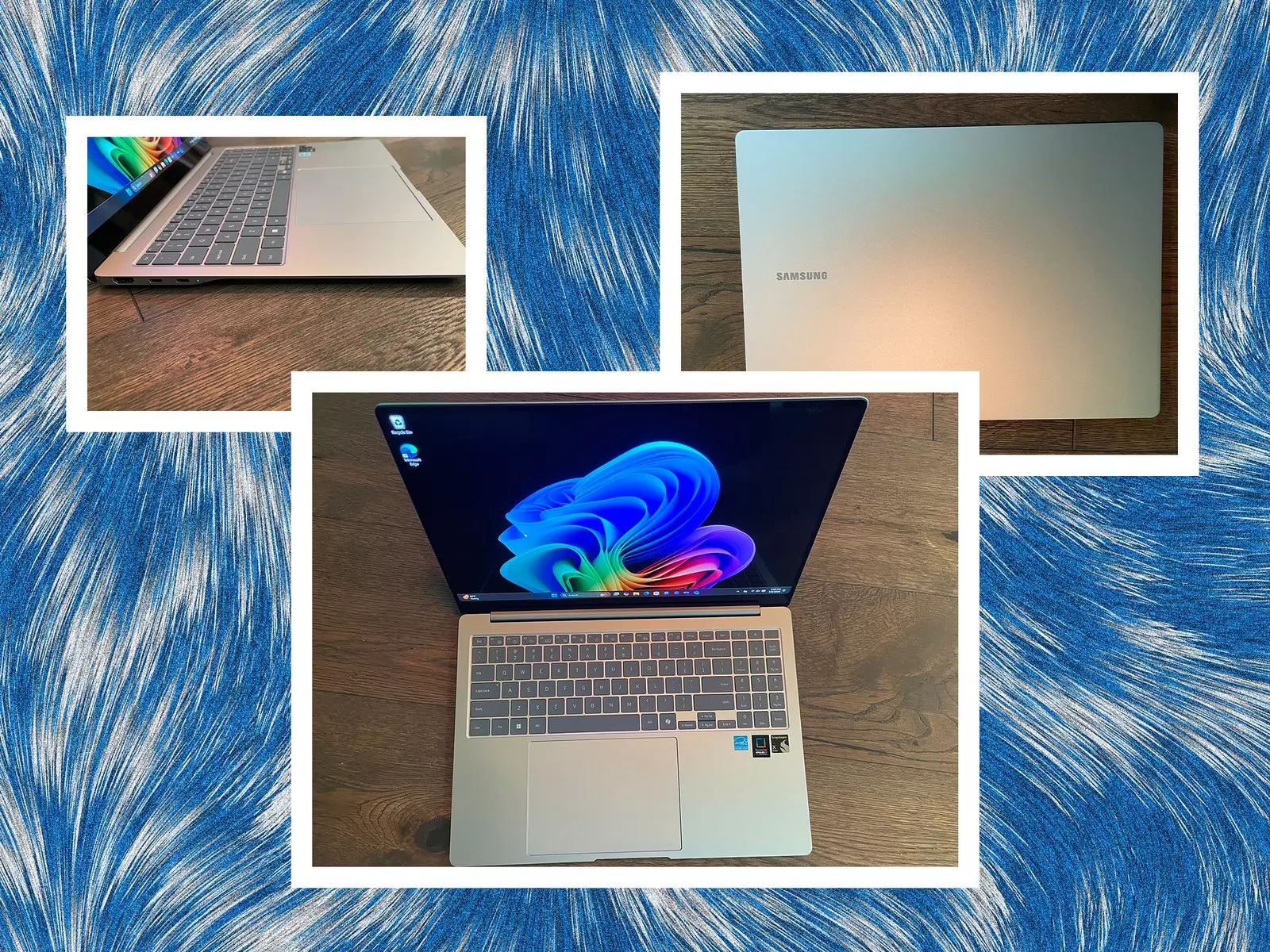The emergence of Copilot+ PCs has stirred considerable interest, particularly among users seeking devices that balance performance with battery efficiency. Utilizing ARM architecture, these PCs promote impressive capabilities for everyday tasks such as document editing, web browsing, and more demanding applications. With performance benchmarks frequently surpassing those of similarly priced Intel and AMD laptops, one would naturally be inclined to see these devices as robust alternatives. However, while the promise of extended battery life is enticing, significant questions remain regarding software compatibility, performance disparities, and the specific needs of potential users.
One of the standout features of Copilot+ PCs is their remarkable battery life, attributed to the lower power demands exhibited by ARM CPUs. Users can navigate through tasks without the constant worry of finding a power outlet, which is particularly pertinent in today’s fast-paced environment. These PCs have been reported to run essential business applications seamlessly, offering decent performance for users who primarily deal with word processing and simple spreadsheets.
Against the backdrop of typical business use, the value of Copilot+ PCs becomes evident. For individuals who primarily require a laptop for email, browsing, and document creation, these devices can deliver sufficient power coupled with outstanding battery longevity. However, as demands intensify—be it through multimedia work, gaming, or more dynamic software—the story shifts.
Despite their strengths, Copilot+ PCs face notable hurdles when it comes to software compatibility. Historically, extensive development has occurred around x86 architecture, leading to a significant volume of applications optimized solely for that environment. Transitioning to ARM involves a reworking of existing software, a daunting process given the sheer number of applications in the marketplace. Although the Microsoft Prism emulator has made strides in bridging this gap, its limitations mean that not all applications function optimally on ARM.
For users looking to engage in specific activities—especially those involving specialized applications or gaming—compatibility issues can hinder the experience. Certain popular applications and game titles exist as exceptions, leading to frustration among users who discover that software on which they rely is either non-functional or performs poorly. This aspect is critical for buyers to consider; while a device may thrive in basic tasks, it may falter under more demanding conditions.
In addition to application compatibility woes, a significant concern remains around the integrated graphics capabilities of Copilot+ PCs. The Snapdragon chipsets presently utilized fall short of the graphical performance available from their Intel and AMD counterparts. Thus, users engaged in graphics-intensive tasks—such as video editing or gaming—may find these devices inadequate. Furthermore, the absence of support for discrete graphics amplifies this issue, establishing a clear demarcation for potential buyers regarding the intended use of these machines.
For those who require seamless integration with high-performance graphics for demanding tasks, the limitations of Copilot+ PCs could prove to be a critical drawback. It is essential to weigh these factors against personal requirements to avoid purchasing a device that cannot meet specific professional or recreational needs.
On the AI front, some of the offerings within Copilot+ PCs prove innovative and useful, potentially enhancing user experiences. Features such as Live Translate showcase the advantages AI integration can bring to everyday tasks, providing significant value. However, not all AI features resonate positively with users; some may view them with skepticism. The relevance of features like Recall, which could infringe on privacy, remains uncertain and may dissuade individuals who prioritize data security.
It is vital for potential users to assess the utility of these AI features, weighing their benefits against concerns surrounding privacy and personal data use. As the market evolves, the perception of what’s considered useful will also transform, influenced by user experiences and broader social contexts.
The evaluation of Copilot+ PCs reveals a compelling, yet complex, picture. Their unique selling points, encompassing extended battery life and promising computing capabilities for routine tasks, position them favorably for specific user groups. Nevertheless, potential buyers should approach these devices with caution, especially concerning performance demands and software compatibility. For individuals who utilize their laptops for a narrow range of tasks, Copilot+ could serve as an ideal solution. However, users whose needs expand into gaming, creative work, or reliance on a broader array of applications may want to explore alternative options better suited to meet those requirements.


Leave a Reply